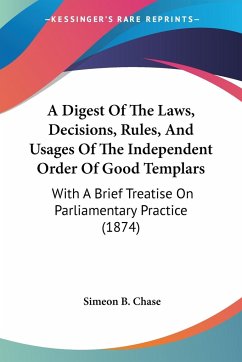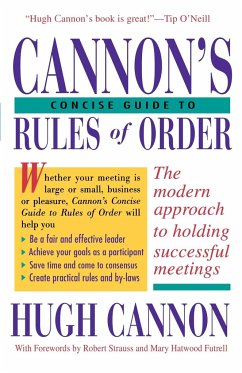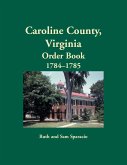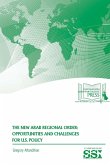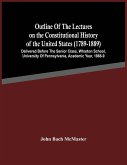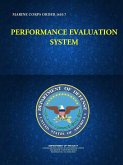Robert's Rules of Order Newly Revised, commonly referred to as Robert's Rules of Order, RONR, or simply Robert's Rules, is the most widely used manual of parliamentary procedure in the United States. It governs the meetings of a diverse range of organizations-including church groups, county commissions, homeowners associations, nonprofit associations, professional societies, school boards, and trade unions-that have adopted it as their parliamentary authority.
Bitte wählen Sie Ihr Anliegen aus.
Rechnungen
Retourenschein anfordern
Bestellstatus
Storno


